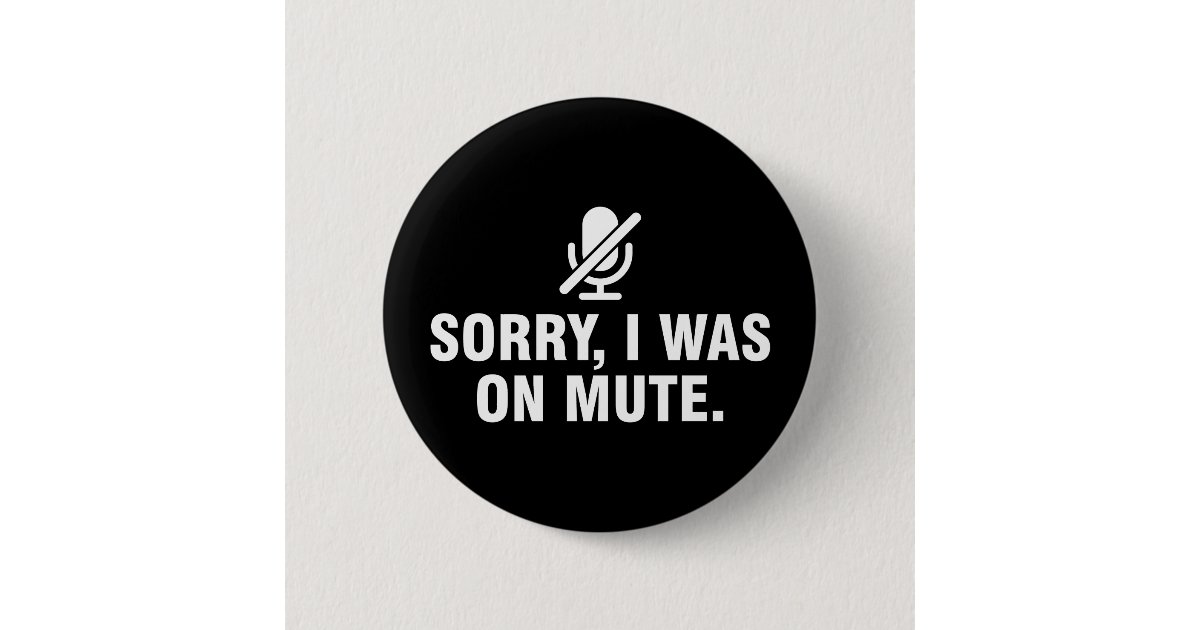The phrase of 2020 has become – “Sorry I was on mute” this has become a little bit of a running joke and I feel sure that nearly all of us have experienced it in almost every meeting.

But what would happen if we leaned in to the situation and simply asked people to NOT mute during meetings?
In small meetings (those under 10 people) it is bizarrely powerful. One of the things we lose with the mute button is the little murmurs of approval the laughing at jokes and even the noises of disagreement.
People often worry about the background noises, especially dogs or children but the reality is that in a small group these are much less distracting than you think they are. Unless it is particularly loud it generally doesn’t disrupt the conversation when it is a small group.
It can take a little getting used to but after a while it really improves the engagement in the meetings and for me at least it acts in a way to hold me accountable for paying attention, especially when I know people will hear my typing, the awareness causes me to pay more attention.

But what about just being in the room with others?
So I have taken this a step further and our team has an informal policy that if you are working solo you should default to hanging out in a room (voice call) with anyone else on the team that is also working solo.
This has an incredible impact on the team building impact for a remote team. Spontaneous conversations spark up and people chat as they work. I enjoy just listening to the buzz as others talk and do not find it distracting. We get to know each other more and it seems that just being in close proximity encourages more personal conversations about our histories and personal life. Just by hanging out today I learned about fishing for fun not for food and no-barbed hooks. We had a fascinating discussion about sales tax on cars and a pretty intense discussion on whether government was even needed. How many of your recent remote meetings have resulted in you getting to know your team better?
But background noise is not for everyone and we also have a room for quiet working. Which means the team can hang out nearby and can be pulled in when needed but are able to work quietly if they prefer that.
The lesson for me in this is that when you have set up your audio correctly background noise is much less distracting than you think it is, and that the quiet spaces are opportunities to build relationships and engage with your team.

Try an experiment
I’d encourage you to try it for a week, ban the mute button and try to spend time in the same audio space as your team when solo working and see the impact on your team.